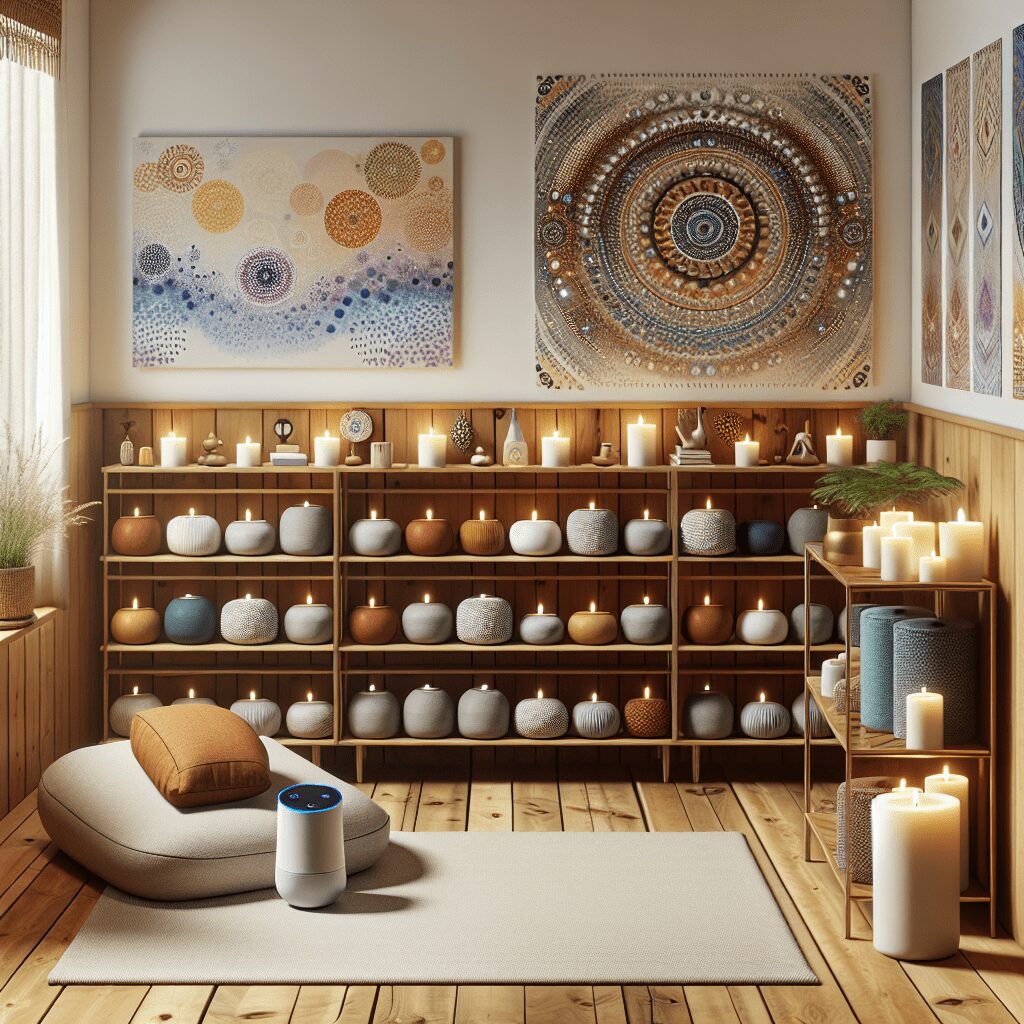
Prioritize your mental well-being daily. Enhance your life by nurturing your mental health with the Smart Meditation app. Break free from stress, alleviate anxiety, and enhance your sleep quality starting today.
Can Alcohol Reduce Depression?
Unraveling the Complex Web: Alcohol’s Impact on Depression
In the grand tapestry of mental health discussions, the relationship between alcohol and depression frequently emerges, cloaked in layers of complexity and often, misconception. While some may tout alcohol as a temporary escape from the shackles of depression, delving into the scientific standpoint offers a much-needed perspective shift. Let’s dissect the intricacies of this entangled web, shall we?
A Temporary Solace, A Lasting Dilemma
At first glance, the lure of alcohol as a quick-fix to dull depression’s sharp edges might seem compelling. “Drowning your sorrows” isn’t just a saying plucked out of thin air; it’s a strategy some folks lean on, believing a glass or two could offer a momentary reprieve from their internal storms. But here’s the rub: what starts as a temporary port in a storm can quickly escalate into the eye of a hurricane.
The Science Speaks Volumes
To put it bluntly, while alcohol might don the guise of a knight in shining armor, in the battle against depression, it’s more of a Trojan horse. You see, alcohol is a central nervous system depressant. Sure, it might gift you with temporary euphoria or a sense of unwinding, but this is merely the prelude to its true, less savory effects.
Diving into the nitty-gritty, alcohol alters the balance of neurotransmitters in the brain, those tiny messengers responsible for our emotions and mood. At first, it boosts the levels of serotonin, tricking you into a deceptive uplift in mood. However, the longer-term impact is far from beneficial, with alcohol actually depleting serotonin levels over time, exacerbating feelings of depression.
Moreover, the aftermath of a drinking session often includes what’s colloquially known as ‘the hangover blues’ – a concoction of physical and mental symptoms including heightened anxiety and, you guessed it, a deepening of depressive feelings.
Navigating Through the Fog
So, where does this leave individuals grappling with depression, seeking solace in the bottom of a glass? The answer lies not in abstinence preaching but in understanding and support. Recognizing alcohol’s fleeting relief as a mirage in the desert of depression is the first step towards genuine, lasting solutions.
Striding Towards Lighter Horizons
Opting for alcohol as a coping mechanism for depression is akin to using a Band-Aid on a gaping wound—ineffective and potentially harmful. Rather than reaching for the bottle, consider these lifelines:
- Professional Help: Engaging with psychologists or psychiatrists can provide a beacon of hope. Tailored therapy, and in some cases, medication, can offer a far more effective and sustainable path out of depression’s grip.
- Support Systems: Leaning on family, friends, or support groups can significantly lift the burden of depression. A problem shared is a problem halved, after all.
- Healthy Coping Mechanisms: Activities like exercise, meditation, and pursuing hobbies can boost your mood naturally, offering a healthier outlet for your emotions.
When navigating the complex interplay between alcohol and depression, it’s crucial to remember that while the night might seem long and lonely, dawn is always on the horizon. Seeking out healthier coping mechanisms and sources of support not only illuminates the path to recovery but also ensures that once the fog of depression lifts, it reveals clearer skies.





